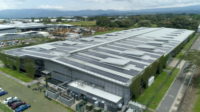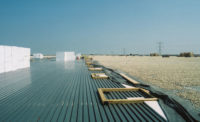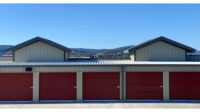Case Study: Parallel Products Recycling Facility
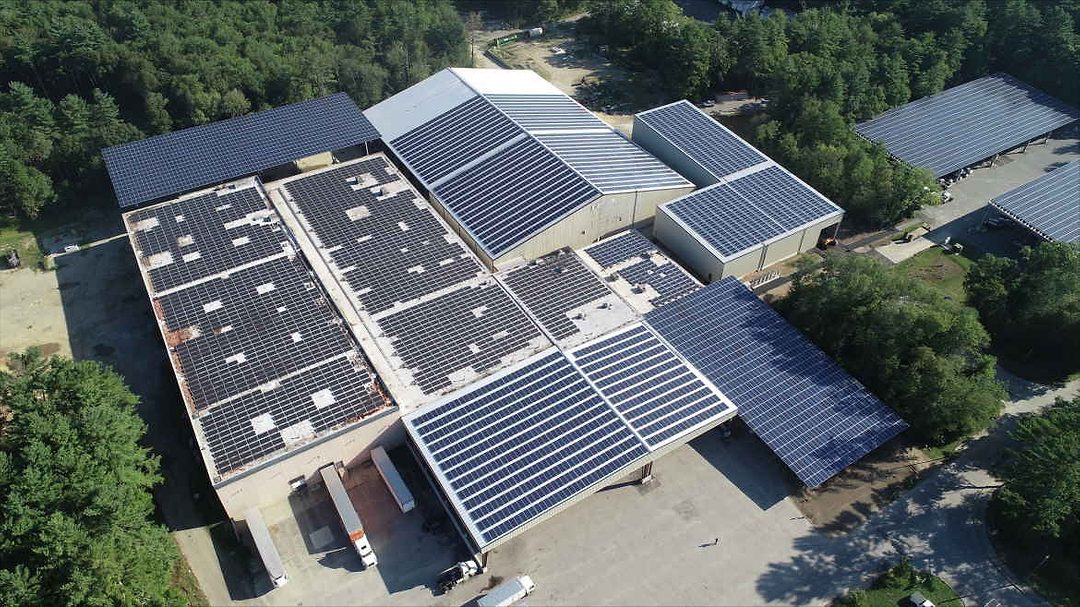
Parallel Products, a recycling facility in Massachusetts, added solar PV to its metal roof, decreasing its carbon footprint and ultimately contributing power back to the grid. Photo: S-5!
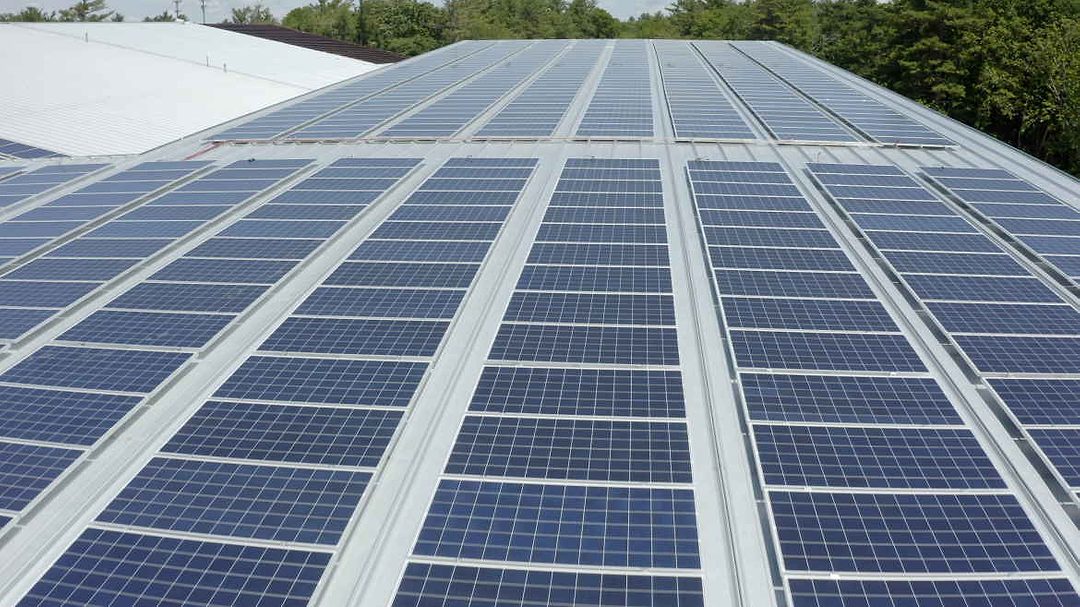
Parallel Products of New England decided the best way for it to offset its electrical usage was to add solar. This new facility has increased solar capacity by 1.9 megawatts, part of its greater 4 megawatt solar initiative on campus. Photo: S-5!

The company’s main goal was to offset its carbon footprint since PPNE utilizes heavy machinery and equipment that consume an enormous amount of power. Photo: S-5!



Parallel Products is a leader in the sustainability industry, the ethanol industry and in green energy production — a one-stop sustainability shop. Many of its clients are subject to zero-landfill policies, so Parallel Products repurposes and recycles common materials.
It's only appropriate, then, that the company would seek out ways to power its operations with renewable energy.
Located in historic New Bedford, an old whaling town on the southern coast of Massachusetts, Parallel Products of New England (PPNE) recently completed its Duchaine Boulevard project, a center for processing and technology development — on its 130-acre campus for recycling and the production of green energy.
The campus houses solar energy, green energy production and recycling recovery. The solar energy generated on-site reduces energy costs and fossil fuel consumption for energy, ultimately resulting in decreasing the company’s carbon footprint and contributing power back to the grid.
The new Duchaine Boulevard facility features a standing seam metal roof with 1.9 megawatts of rooftop solar PV. The EPC contractor recommended the S-5! PVKIT® — a direct-attach™ rail-less solar solution to provide a secure, economical and penetration-free method for attaching the solar modules to the metal roof.
Project Team
Owner Developer: Building a Brand
EPC: ECS Electric, Inc.
Module Manufacturer: CSUN
Inverter Manufacturer: Solectria
Mounting/Racking Manufacturer: S-5!
The Challenge
PPNE processes/recycles glass, aluminum and recyclable plastic containers collected through Massachusetts’s bottle deposit program. PPNE had identified a need for a glass processing facility as the state’s only bottle production facility closed in 2018, leaving the Commonwealth with limited solutions for glass handling and a large accumulation of glass due to difficulties in transporting glass to out-of-state recycling markets.
The new glass processing Duchaine Boulevard facility is a necessary development for the Commonwealth to ensure the recycling of glass bottles versus disposal and/or lower value usages such as fill.
The company’s main goal was to offset its carbon footprint since PPNE annually processes 3,710 tons of aluminum, 3,892 tons of recyclable plastic containers and now 50,000 tons of glass, utilizing heavy machinery and equipment that consume an enormous amount of power.
The Solution
PPNE decided the best way for it to offset its electrical usage was to add solar. This new facility has increased solar capacity by 1.9 megawatts, part of its greater 4 megawatt solar initiative on campus.
PPNE chose the PVKIT and S-5-V Mini clamps to secure the solar panels to the metal roof. The PVKIT’s pre-assembled components enabled solar installers to “lay and play” PV modules with tested, engineered and cost-saving attachments.

The project has enabled PPNE to further its sustainability goals. Not only is the company offsetting its carbon footprint, but it has also far exceeded what it consumes on-site and is selling power back to the grid via the local utility company through the Solar Massachusetts Renewable Target (SMART) Program, a long-term sustainable solar incentive program that promotes cost-effective solar development in the Commonwealth of Massachusetts.
Long-Term Outlook
Once a Polaroid manufacturing facility (now dubbed the green energy center), PPNE recycled and repurposed a neglected and underutilized property, and with the addition of rooftop solar, is now generating power, providing recycling services, adding jobs locally and contributing to the economic development of the city.
Project Stats:
- Roof Profile: 3-inch trapezoidal double-lock standing seam metal roof
- Roof Measurements: Total >150,000 square feet
- Roof Pitch Varies: ½:12 to 3:12
- Project Size: 1.9 Megawatt
- S-5! Products Supplied:
- PVKIT® (6500)
- S-5-V™ Mini clamp (6500)
Looking for a reprint of this article?
From high-res PDFs to custom plaques, order your copy today!




